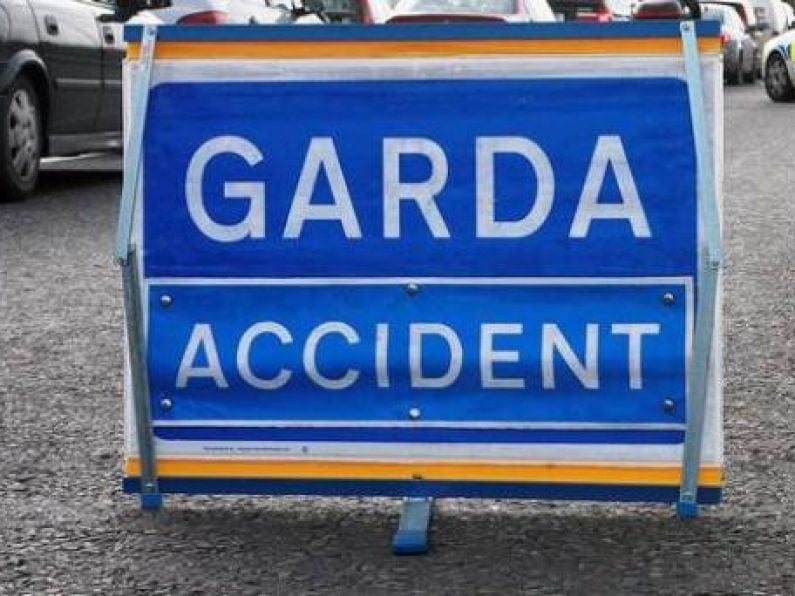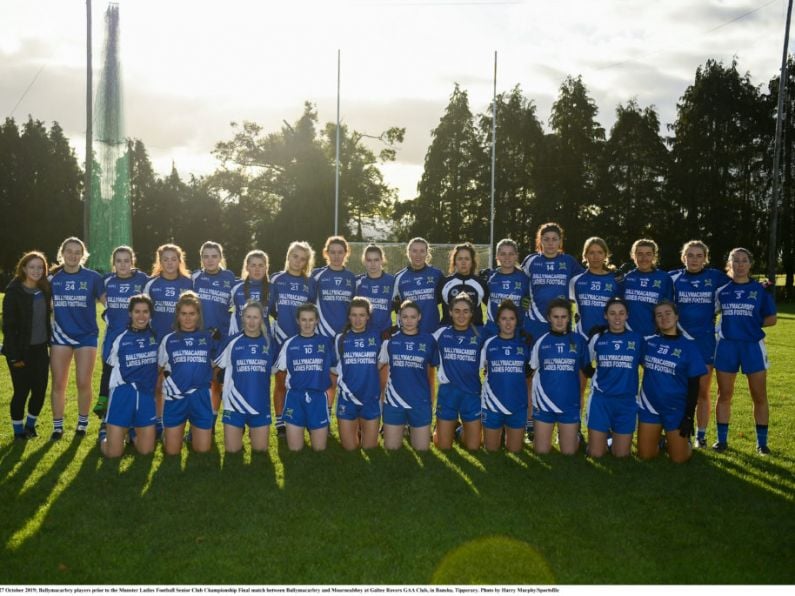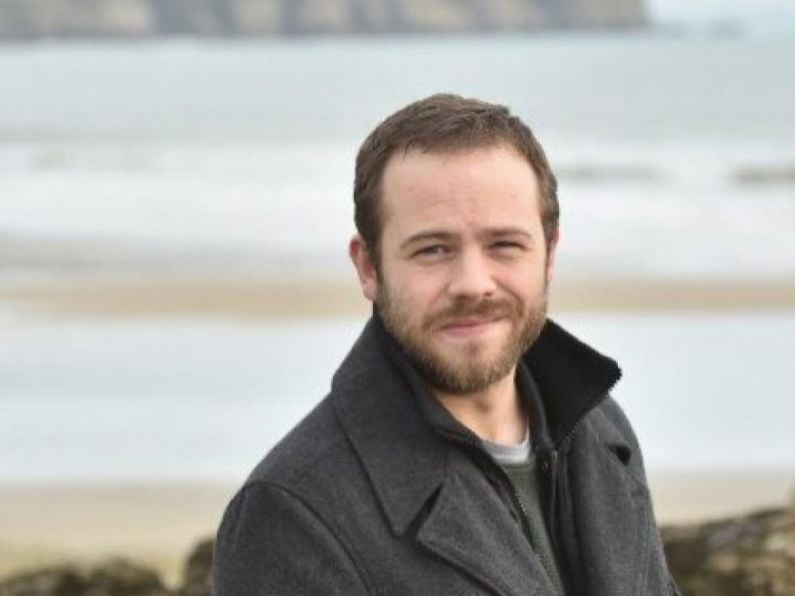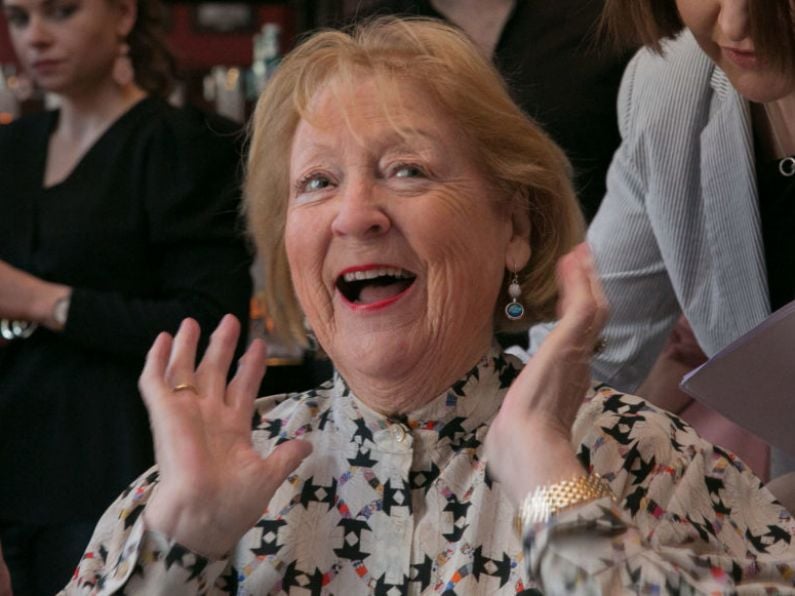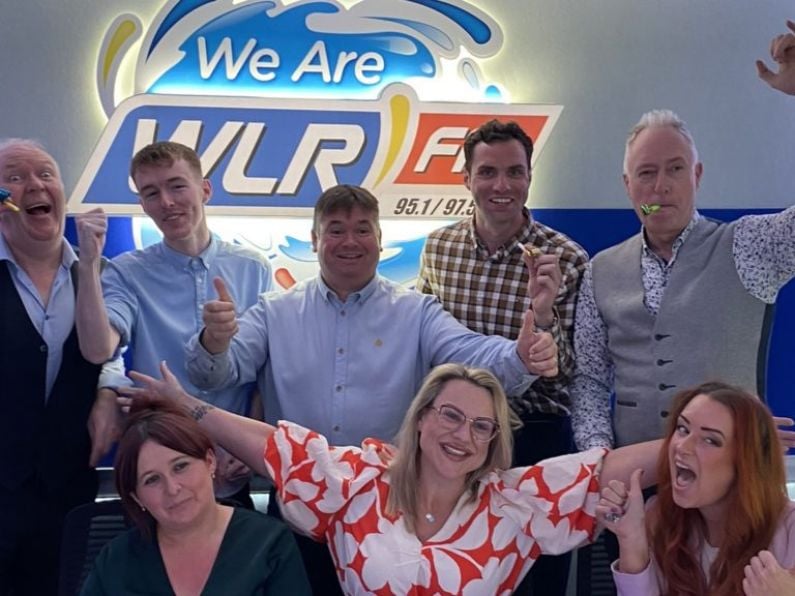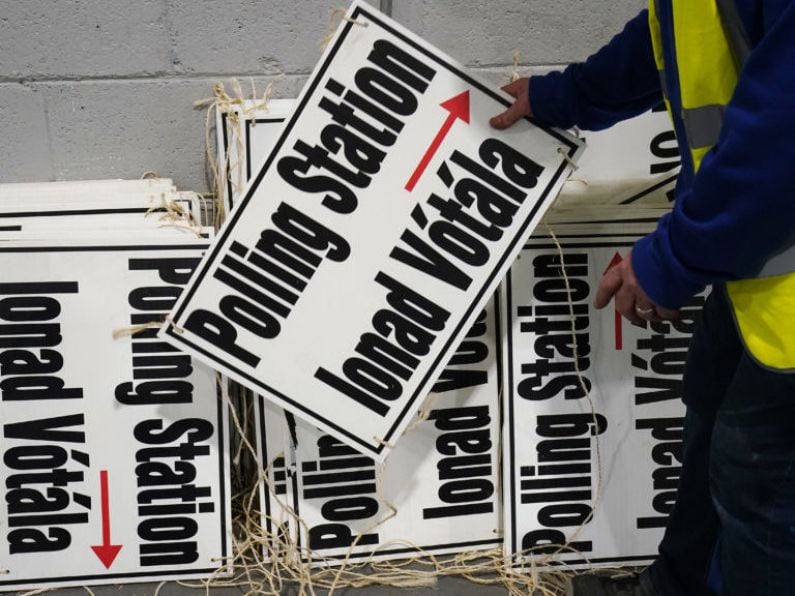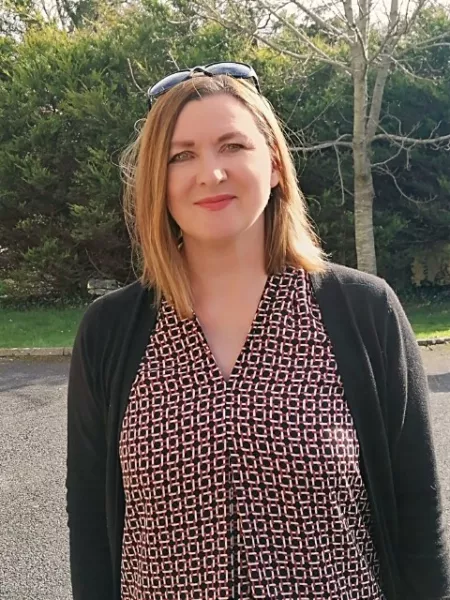
Gordon Deegan
Concert promoters, MCD Productions have been ordered to pay €7,000 compensation to a cancer patient left ‘humiliated’ by her treatment by two security staff members when refused access to disabled bathroom facilities at a Paul Weller gig two years ago.
In the case, Workplace Relations Commission (WRC) Adjudicator, Janet Hughes has ordered MCD Productions to pay Galway woman, Anne Marie Davy €7,000 after finding that the promoters discriminated against Ms Davy on the grounds of disability under the Equal Status Act.
The 55-year-old mother of four brought her action after she was refused access twice to disabled bathroom facilities at the ‘Summer Series’ event at Trinity College Dublin in July 2019 by security staff employees of a security company employed by MCD for the event.
Ms Hughes found that MCD was vicariously liable for the actions of the security staff.
Emailed request
Prior to the event, Ms Davy emailed MCD to say that she is an oncology patient, has additional medical needs and also has an ostomy so requires access to an accessible bathroom.
However, the day after the gig, Ms Davy emailed MCD to complain about her experience at the concert.
Ms Davy recalled how she was refused access to the disabled bathroom facilities “despite the fact that I politely told the attendant I had a medical need to use it”.
She stated that the attendant “looked me up and down and asked what was wrong with me”.
She stated: “I was upset, shocked and humiliated having to explain I have had part of my bowel and rectum removed as well as other organs and have a stoma and need access to disabled bathroom to change.”
Ms Davy gained access to the disabled toilets after a female colleague of the security man allowed access and apologised for her colleague’s actions.
Second refusal
However, at the end of the gig, Ms Davy was refused access a second time to the disabled toilets by a different security staff member.
Ms Davy stated that the attendant “tried to backtrack when I told him this was the second time it had happened”.
Ms Davy in her email stated: “This was the first concert I had attended since receiving my diagnosis two years ago, and I was really looking forward to it but unfortunately what should have been an enjoyable evening sadly was not.”
Ms Davy told the WRC hearing that she was embarrassed, agitated and upset by the treatment she received when she was looked up and down by the first security operative “as if to ask where was her disability or where was her wheelchair”.
In her findings, Ms Hughes recorded how Ms Davy was required to justify her claim to be entitled to access the bathroom for those with a disability.
Ms Hughes stated: “She endured scepticism and humiliating treatment on two occasions, most notable the first, compounded by the second.”
Conduct of security staff
At hearing, MCD argued that it was not vicariously liable under the Equal Status Act for the conduct of an employee of the security company.
MCD also argued that every reasonable effort was made to ensure that no act of discrimination could occur through the provision of appropriate disability awareness training.
It argued that the problem stems from the conduct of the security worker in question who when questioned was remorseful and visibly upset stating that he "got confused".
MCD described the employee has not been in touch with his employer since he was questioned about the incident, and his whereabouts are unknown.
Commenting on the incident, the managing director of MCD, Denis Desmond said on Wednesday: "It is very regrettable what happened. It should not have happened, there is no excusing this.”
He said: “Once we heard what had occurred, we offered our apologies to Ms Davy and I do so again.”
Mr Desmond said there are protocols in place which the security company did not adhere to on the night.
He stated: “Be assured there won’t be a repeat of what happened."
Mr Desmond stated that said that it was Ms Davy’s right and entitlement to see the case through to the WRC.
Over the moon
Ms Davy said that she was “over the moon” concerning the WRC outcome. She said that the main reason she took the case was to raise awareness around the challenges faced by people with hidden disabilities.
“People should not be so judgmental or make assumptions around the use by people with hidden disabilities of facilities like disabled bathrooms," she said. "A little bit more empathy and understanding from the general public would be nice. I know it’s a tricky one."
Ms Davy said money was in no way the motivating factor in taking the case and that “I detest claims culture because the false claims impact on genuine cases.”
She said she was also pleased with what Mr Desmond had to say on Wednesday and that “I believe that lessons have been learned”.





